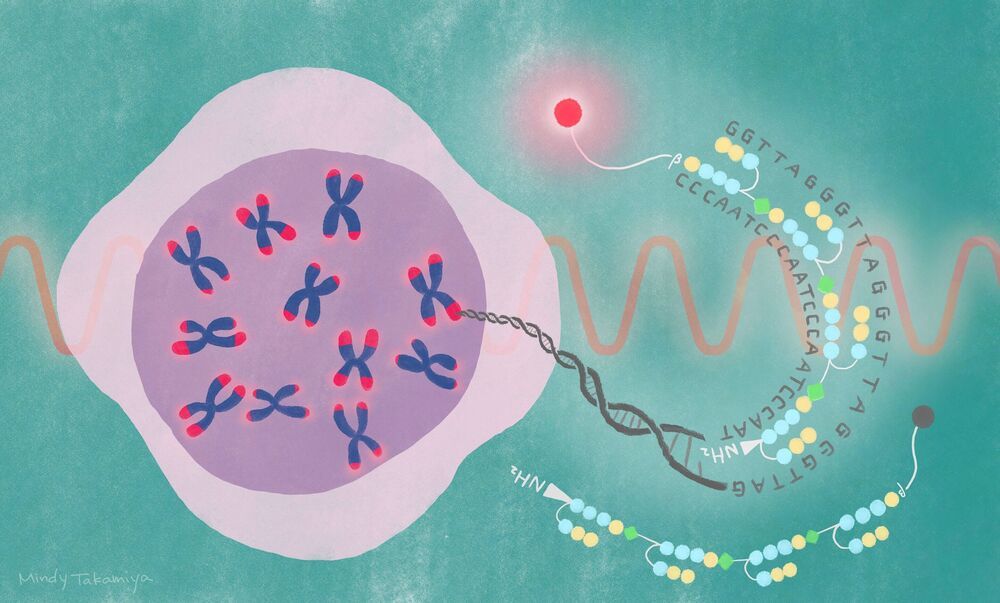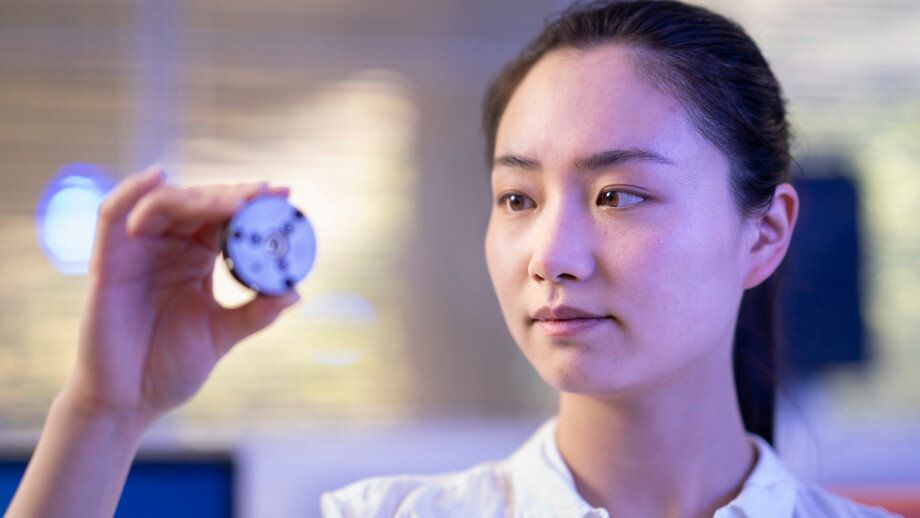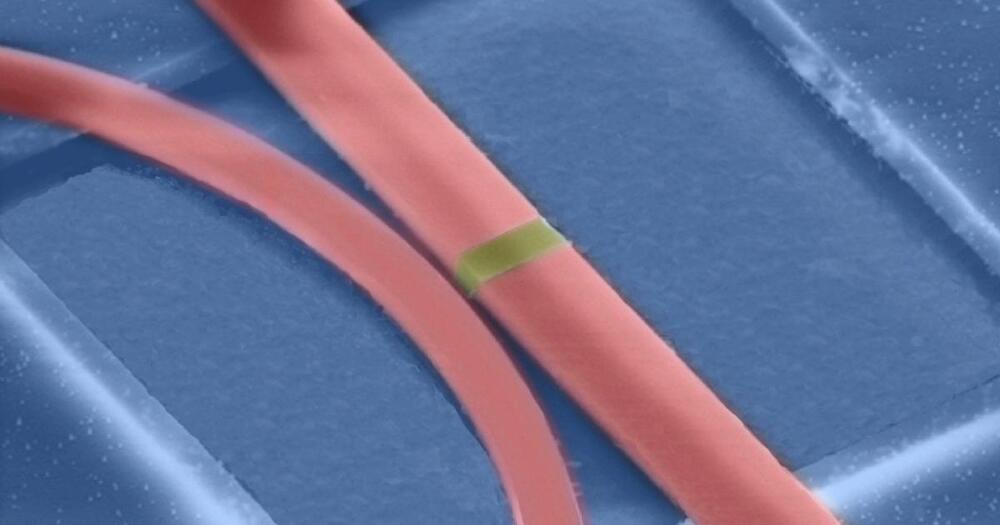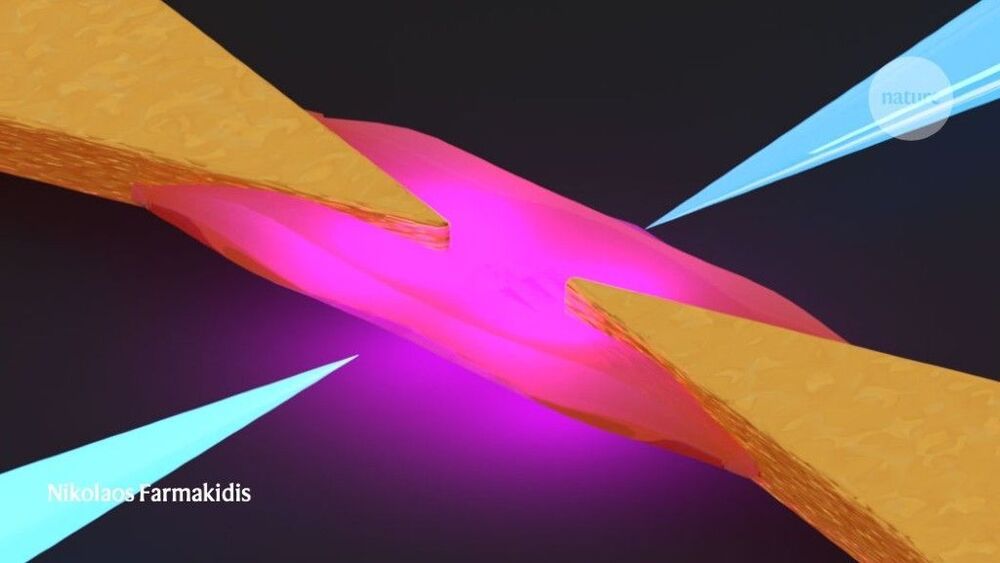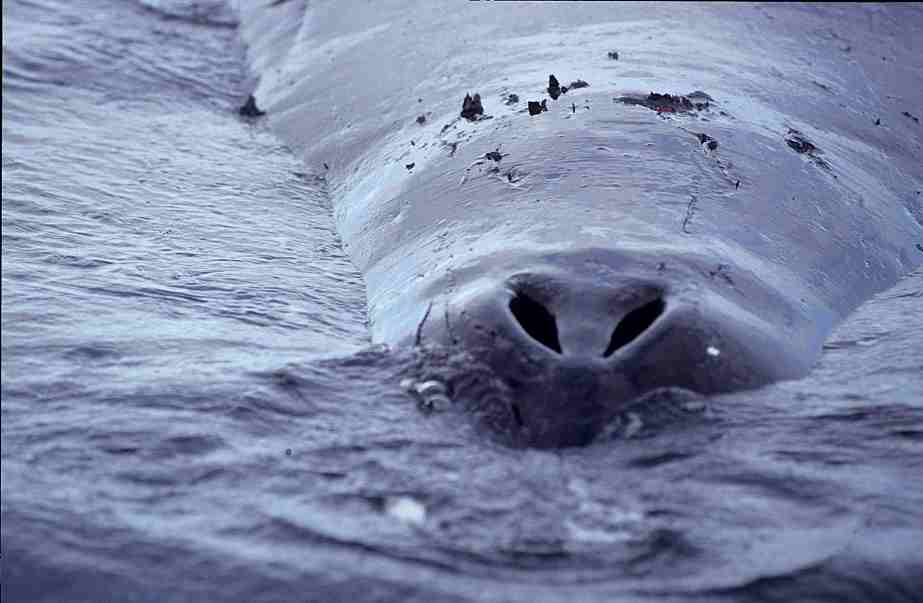Is this a case where money falls from the heavens!
This may start a craze where people chase after meteors! 😃
A rock from outer space landing on your property and resulting in millions in your bank account sounds more unlikely that a lottery win, but one lucky man has found himself in the fortunate position.
Josua Hutagalung is a 33-year-old coffin maker based in Kolang, North Sumatra, Indonesia, who has become a millionaire overnight. A meteorite came crashing into his garden at the beginning of August and he later had to dig it out as it had been lodged in 5.9 inches.
Hutagalung was clearly lucky that his house wasn’t hit by this incredibly fast-moving rock. However, his luck continued when the meteorite was valued.

